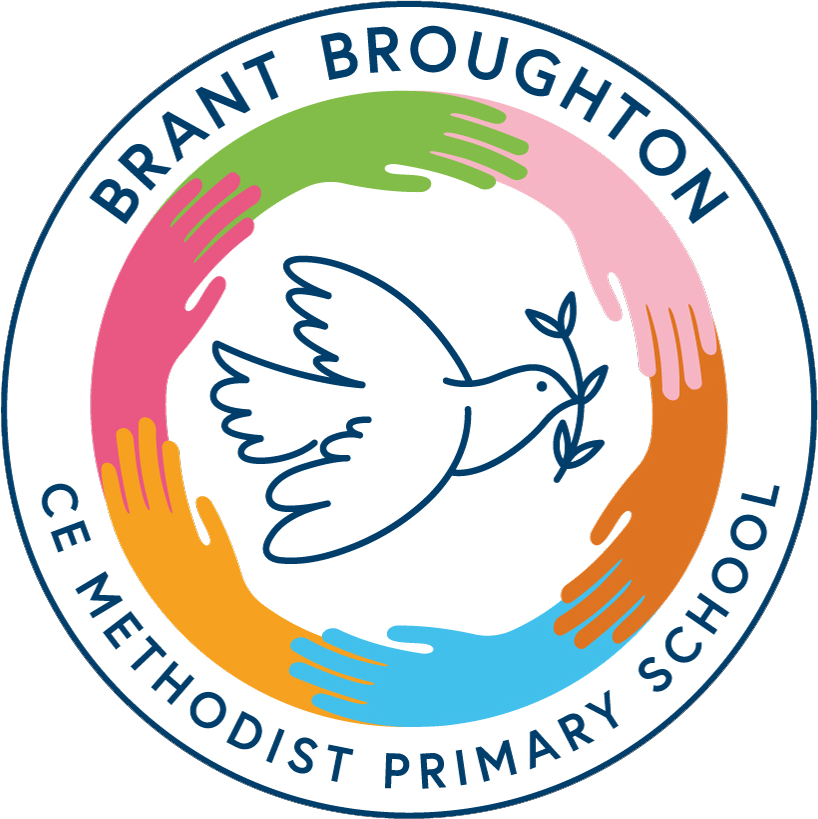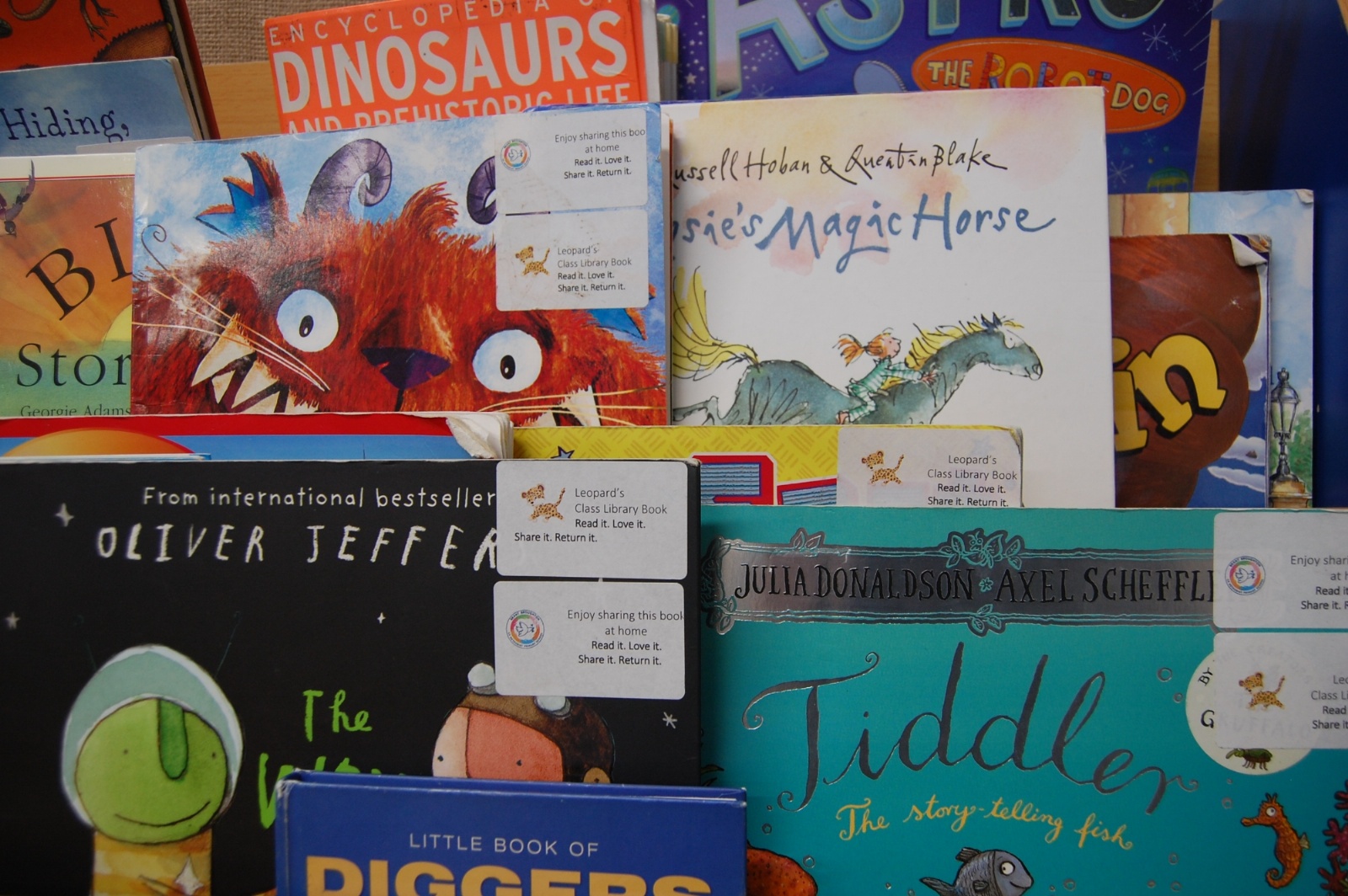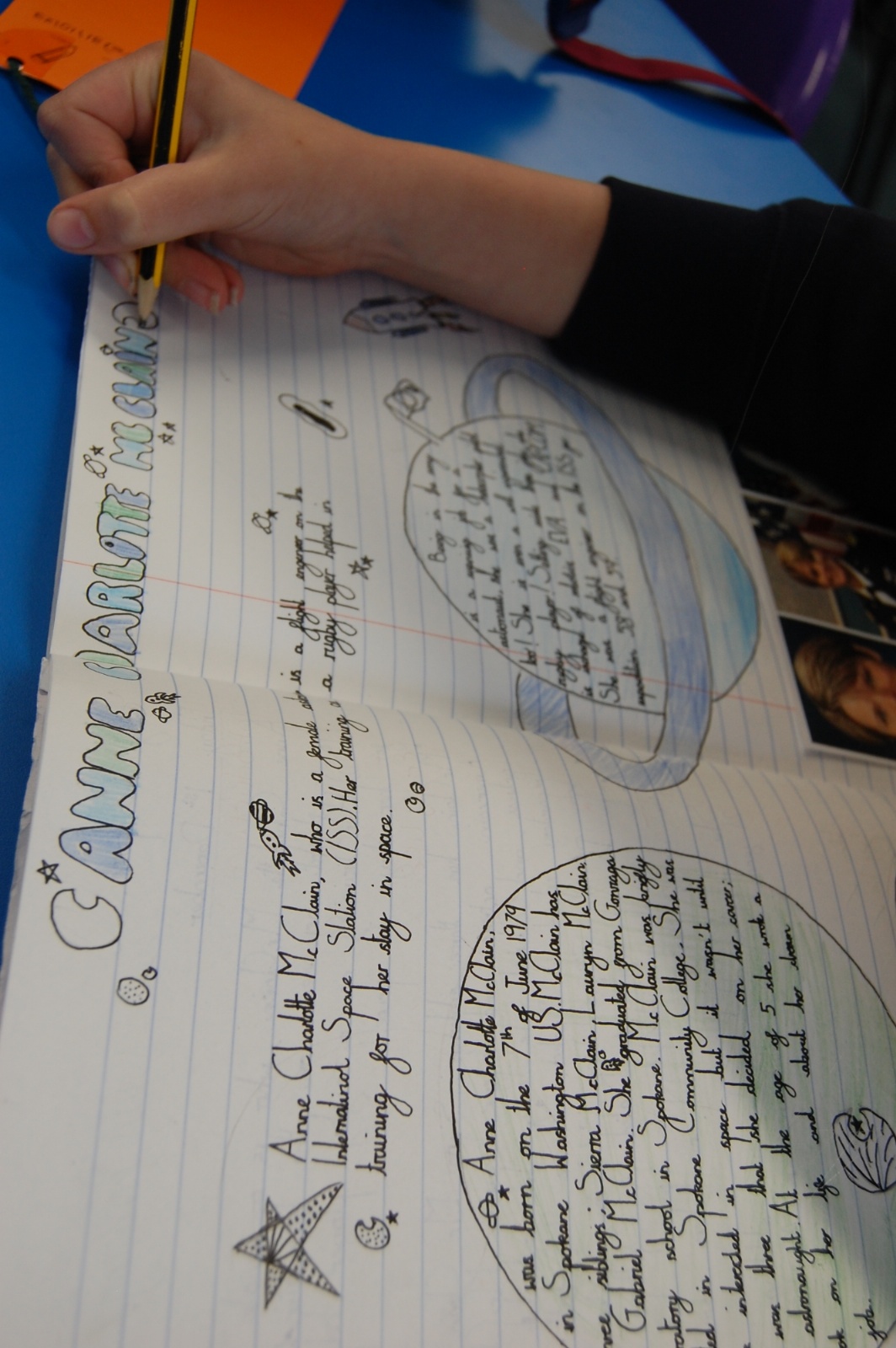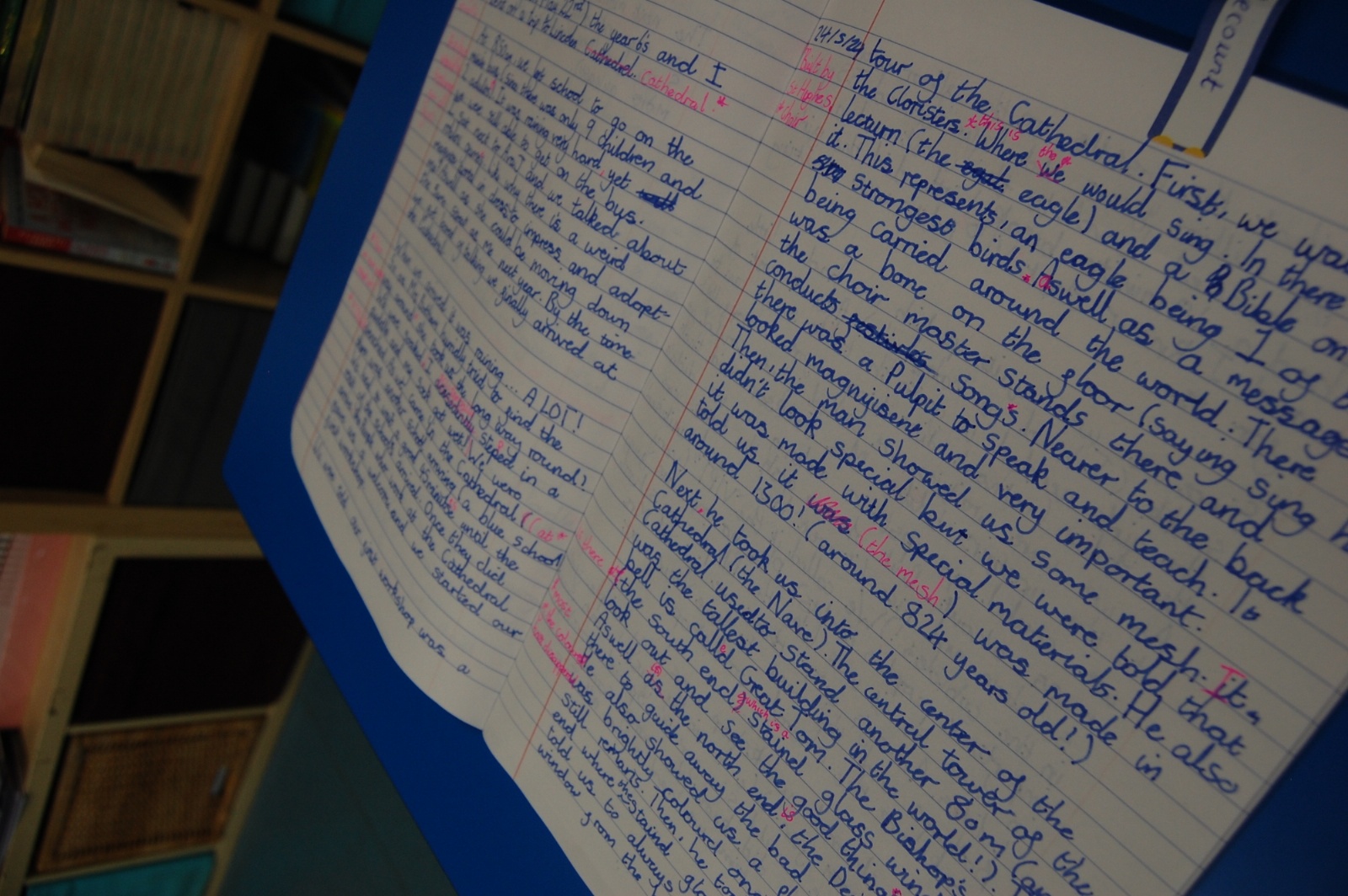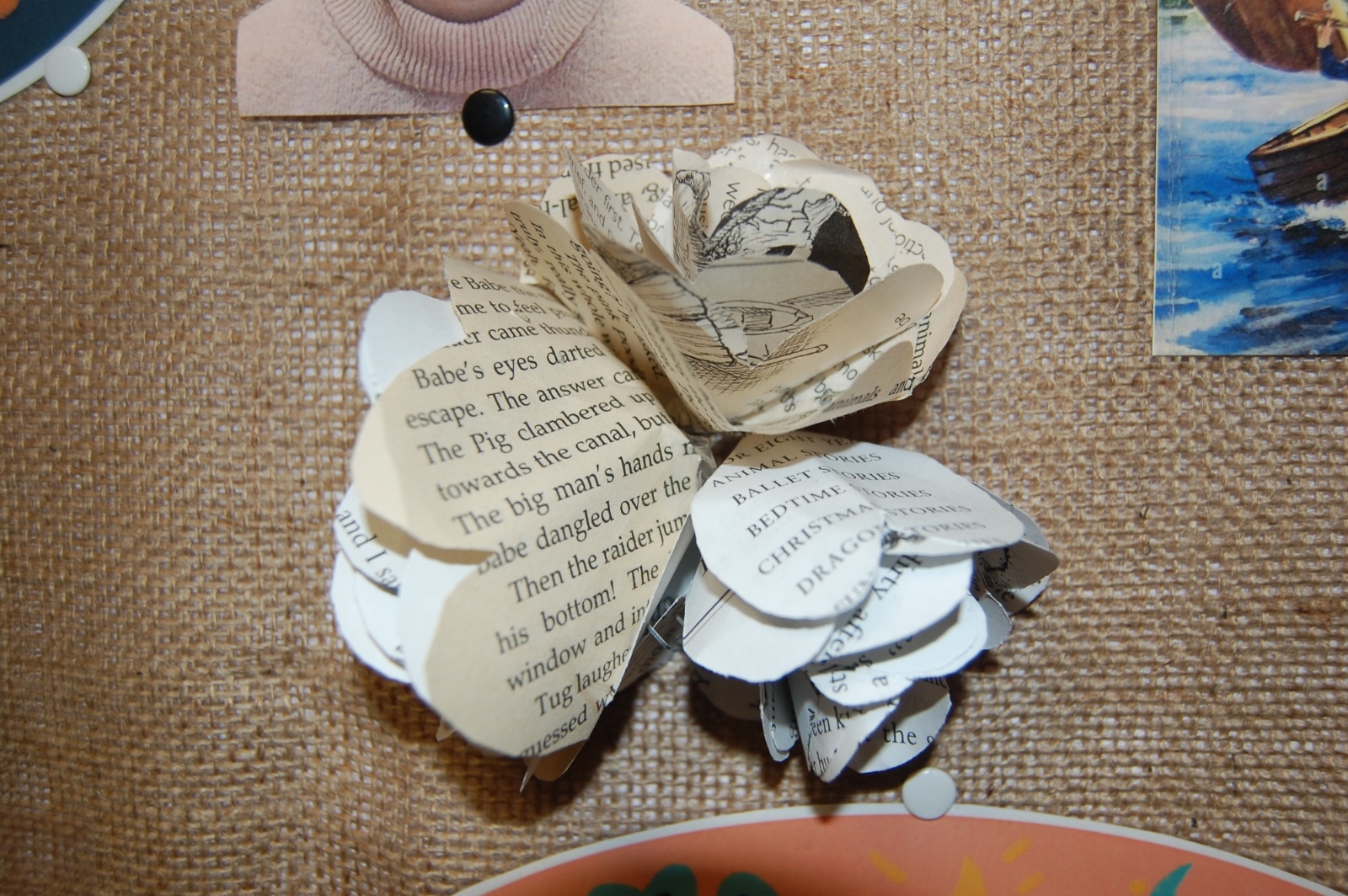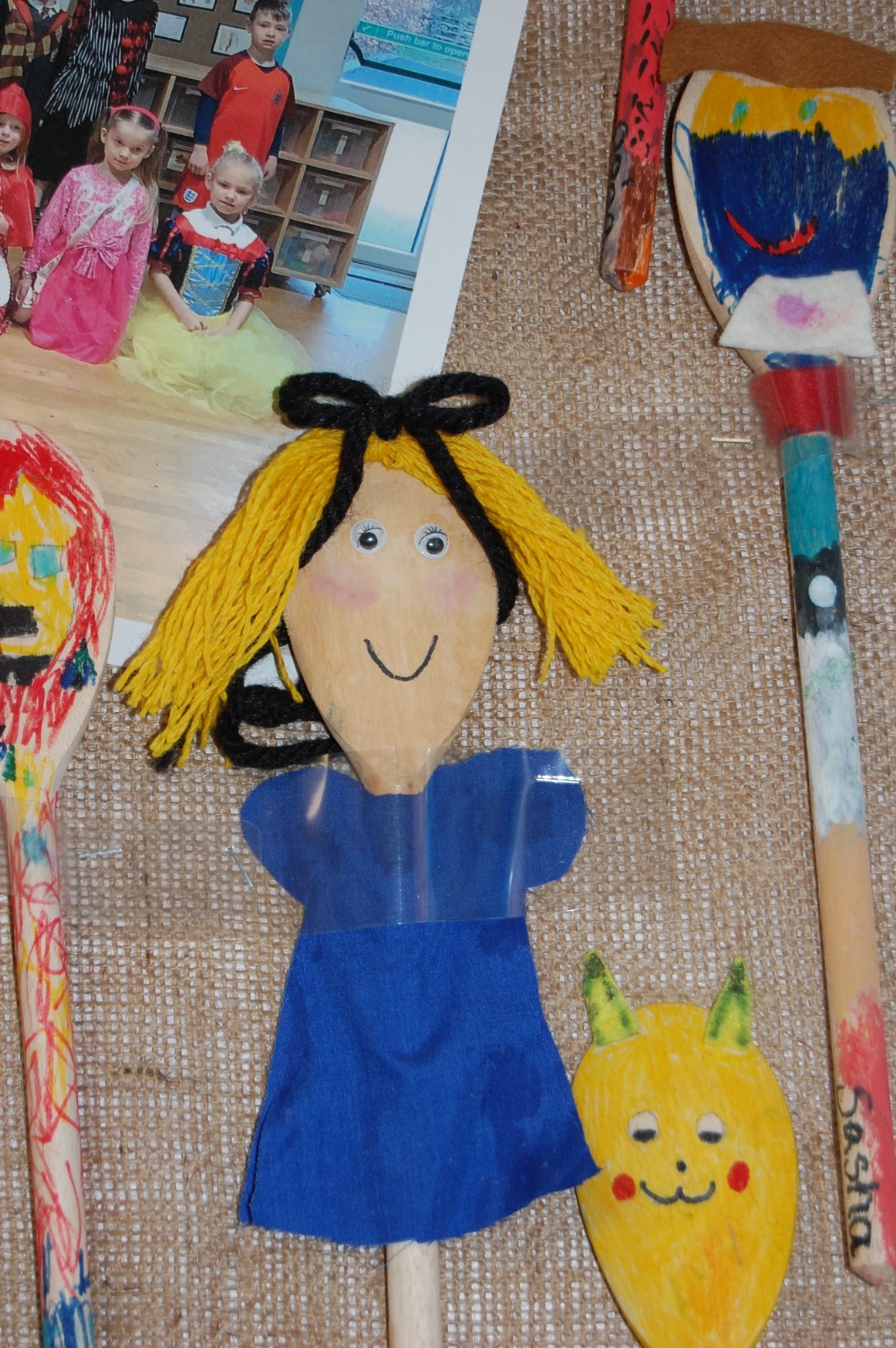English
I enjoyed writing our complaint letters because it was really fun making up different scenarios that end up going very wrong!
Pupil from Pandas class
Our Intent
Our English curriculum is based on the requirements of the Early Years Foundation Stage Profile in Reception and the National Curriculum in Key Stages 1&2. We aim to give all children the best opportunity to become competent in all aspects of English so that they can speak, read and write clearly, accurately and coherently. This is central to ensuring that all children are well prepared for their lives now and in the future so that they can:
- Read easily, fluently and with good understanding
- Develop the habit of reading widely and often, both for pleasure and information
- Acquire a wide vocabulary, an understanding of grammar and knowledge and the conventions for reading, writing and spoken language
- Appreciate a rich and varied literary heritage
- Write clearly, accurately and coherently, adapting language and style in and for a range of contexts, purposes and audiences
- Use discussion in order to learn; they should be able to elaborate and explain clearly their understanding and ideas
- Speak and listen effectively
Implementation.
We follow a carefully planned progression of skills and knowledge from Reception to Year 6.
The curriculum is carefully structured to support pupils in developing foundational and pre-requisite knowledge so that pupils are able to develop increasing proficiency in speaking (oracy), phonics, spelling, reading and writing. Pupils make connections between prior and new learning and practice the skills, techniques and methods taught as they encounter a range of different genres and stimuli.
- Phonics and Reading: In Reception and Key Stage One, pupils are introduced to Little Wandle Letters and sounds. This program provides pupils with a sound knowledge of the sounds (phonemes) which are the building blocks of reading and spelling. As part of the program, children receive a reading book which they are taught to read at school. Children bring their reading books, as well as a 'reading for pleasure' book home each week to share with their family. Further information about Little Wandle can be found here: For parents | Letters and Sounds (littlewandlelettersandsounds.org.uk). Having become proficient as early readers, pupils continue to develop their reading within Key Stage 2 using the Accelerated Reader scheme. This scheme encourages children to read widely and to complete quizzes to show that they understand the books they have read. Within class, children develop and deepen comprehension and prosody skills through Reciprocal Reading.
- Oracy and vocabulary: At all stages of learning and in all areas of the curriculum, pupils have the opportunity to develop a rich vocabulary which they are encouraged to apply by speaking clearly in whole sentences. Children are encouraged to develop the complexity of the sentences that they use when speaking and writing, so that they become increasingly proficient in communicating their ideas and out loud and in writing.
- Spelling: In Reception and Key Stage One, pupils are taught spelling in line with the development of their phonic knowledge. Taught spellings include tricky word spellings which are not phonetically decodeable. Over time, pupils are also taught spellings from the National Curriculum. From September 2024, pupils in Key Stage two will be taught spelling using the Active Spelling program. This research-based program enables pupils to develop a deep understanding of how the meaning of root words (morphology) is impacted by adding suffixes and prefixes, so that they are able to master the conventions of spelling.
- Writing: Across the school, pupils are taught to write well-structured, cohesive texts from an exciting range of genres. Pupils have access to stimuli for writing, which include but are not limited to oral story telling, extracts and whole texts, film and animation clips, drama and poetry. Children are encouraged to draw on their experiences, thoughts and feelings in their writing and to make connections between written language and the skills and knowledge from the rest of the English curriculum which underpin it. The writing process supports children in drafting, editing and improving their own over a period of time, so that they are able to produce a piece of well presented, high quality writing which demonstrates their increasing proficiency in writing.
Impact
The impact of the English curriculum will be evident through pupils’ work showing how:
- Being able to read easily, fluently and with good understanding
- Developing the habit of reading widely and often, both for pleasure and information
- Acquiring a wide vocabulary, an understanding of grammar and knowledge and the conventions for reading, writing and spoken language
- Appreciating a rich and varied literary heritage
- Writing clearly, accurately and coherently, adapting language and style in and for a range of contexts, purposes and audiences
- Using discussion in order to learn; they should be able to elaborate and explain clearly their understanding and ideas
- Speaking and listening effectively
Has ensured pupil’s readiness for their future learning.
Impact will be monitored by teachers and leaders in line with the teaching and learning policy.
Gallery
